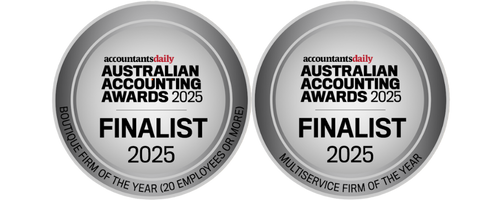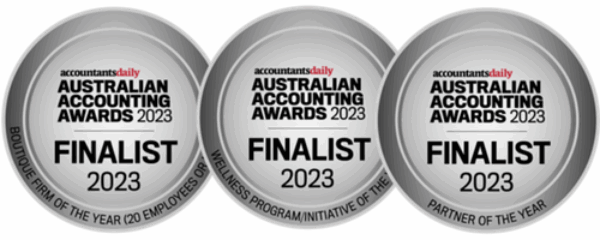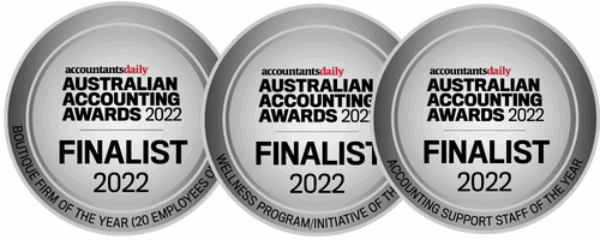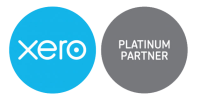Walshs CEO Michael Walsh discusses the changes in tax law from 1 July 2018 and what the tax man is thinking for 2018-2019.
We cannot stress how important it is for clients to maintain adequate records and to be timely in providing us with information. The Walshs Way is to be proactive in advising clients on their taxation and investment strategies and having up to date information makes planning so much easier.
The Walshs bookkeeping team are here to assist with your record keeping to allow you to focus on growing your business (working on the business not in the business).
Tax Changes 1 July 2018
- The marginal tax rate of 32.5% will now apply to taxable incomes up to $90,000 (previously $87,000)
- The $20,000 instant asset write-off has been extended to 30 June 2019 for businesses with aggregated annual turnover of less than $10m.
- Concessional superannuation contribution cap – individuals whose income exceeds $263,157 and who have multiple employers can nominate that their wages from certain employers are not subject to the superannuation guarantee (SGC of 9.5%). This measure allows eligible individuals to avoid unintentionally breaching the $25,000 annual concessional contribution cap as a result of multiple compulsory SG contributions by their employers. Breaching the cap results in these individuals being liable to pay excess contributions tax, as well as a shortfall interest charge.
- Superannuation “downsizer contributions” – taxpayers aged 65 years and older are able to make tax-free contributions to superannuation of up to $300,000 each ($600,000 per couple) from the sale of their main residence, provided that the main residence was owned by the taxpayer or spouse for a continuous period of at least 10 years. Downsizer contributions are not treated as non-concessional contributions and as not subject to the $1.6m total superannuation balance.
- GST on new residential property sales – purchasers of new residential premises will generally be required to withhold the GST (1/11th) of the purchase price at settlement and pay it directly to the ATO (Walshs or your conveyancing solicitor can assist.) Property developers will also need to give written notification to purchasers regarding whether or not they need to withhold.
Rental Properties
As from 1 July 2017 travel expenses relating to inspecting, maintaining or collecting rent for a residential property cannot be claimed by individuals as a tax deduction. Nor can these expenses form part of the cost base of the property for CGT purposes when the property is sold.
Exception: you can still claim travel expenses if you are preparing a property for new tenants.
What the Tax Man is Thinking 2018-2019…..
- Work-related car expenses – particularly claiming expenses the taxpayer is not entitled to such as private trips, trips they did not make, and car expenses that the employer paid or reimbursed.
- Increase in data matching – the ATO now receives data from banks, government agencies, health insurers, ride sourcing facilitators. The ATO is now gathering information for the 2016-2017, 2017-2018 and 2018-2019 income years from each State motor vehicle registry authorities regarding vehicles that have been transferred or newly acquired where the purchase or market value is equal to or greater than $10,000. The ATO data matching improves as better technology and data analytics are used. The ATO also uses its data to compare taxpayers to others in similar occupations earning similar incomes to help identify typical deductions.
- Holiday rental properties – the ATO has announced that they are focusing on rental property owners who use their own property for personal holidays:
- only claim deductions for a holiday home with respect to periods it is genuinely available for rent
- you cannot place unreasonable conditions on perspective renters , eg., rent above market rent, fail to advertise a holiday home , etc.
- you cannot rent to friends at “mates rates”, otherwise you can only claim expenses up to the amount of income received
- property owners whose claims are disproportionate to the level of income received can expect greater scrutiny from the ATO
- Other focus areas:
- the black and shared economies, cryptocurrencies, home offices and property investors.
- Clamp down on company car use- as from 1 April 2018 ( start of the 2018-2019 FBT year) the ATO new guidelines will allow employees to use work vehicles for up to 1,000 kms of private travel per year, provided no single return trip is longer than 200kms. Anything more could see a FBT charge of 20% of the cost of the car.
Please do not hesitate to contact your accounting team at Walshs if you have any queries on this tax update.
As this advice is general in nature please do not hesitate to contact one of our adviser accountants or financial planning advisers if you have a query that is specific to your circumstances.











